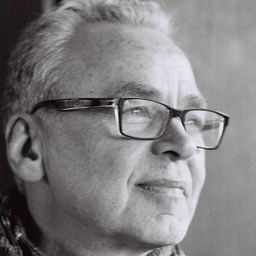14.00 Exploring Participatory Museum Principles in China
My Session Status
Two Reinwardt Academy museology teachers recently presented a four-week workshop on participatory museum practices to a group of master’s students in museology at Hangzhou, China. The project was made possible thanks to collaboration between the Amsterdam University of the Arts and the Research Institute for Museology and Cultural Heritage of Zhejiang University. It was intended as an inquiry into the implications of a recent heritage and museum building “boom” in the People’s Republic, leading to both new heritage experiences for new audiences and an increased demand for museum professionals. The underlying issue is to what extent Western museum models and experiences, including the required vocational specialists, apply to Chinese demands and contexts.
In addition to offering a form of teaching relatively novel to Chinese educational traditions (interactive groups workshop), the workshop entailed an encounter between participative Western heritage concepts and existing Chinese museum models, particularly geared to transmission of cultural modes. The results were surprising: with regard to the introduction of non-linear or multi-vocal narratives, to making visible the stances of heritage brokers (curators, museums), and to articulating underlying (social) value systems in assessing objects and collections or subjects and themes. Notions connected to perpetuating forms of “social harmony” may be expected to keep informing Chinese museum design. This was brought out in particular in the choices for the closing assignment, when some participants came up with participatory museum proposals they considered urgent, but at the same suited to Chinese contexts, either present or future.
This paper will provide insights, based both on our own observations and on formal evaluations by the participants, into the process, which evolved around exploring participatory aspects of the three core museum and heritage engagement (museum) functions: acquisition/identification, intellectual and physical care, and communication (presentation), and was operationalized through on-the-ground assignments on these aspects in various museums, every time followed by plenary, increasingly interactive presentations. The results included important learning points for both parties. In addition to faculty, staff members of four large local museums were involved. The paper will end with suggestions for further East-West exchange of education expertise in heritage and museology, and will discuss the way Chinese discourse on “social harmony” connects or not with Western participatory museum approaches, with an eye to assessing China’s contributions to the museum-scape and global discourse on heritage.
